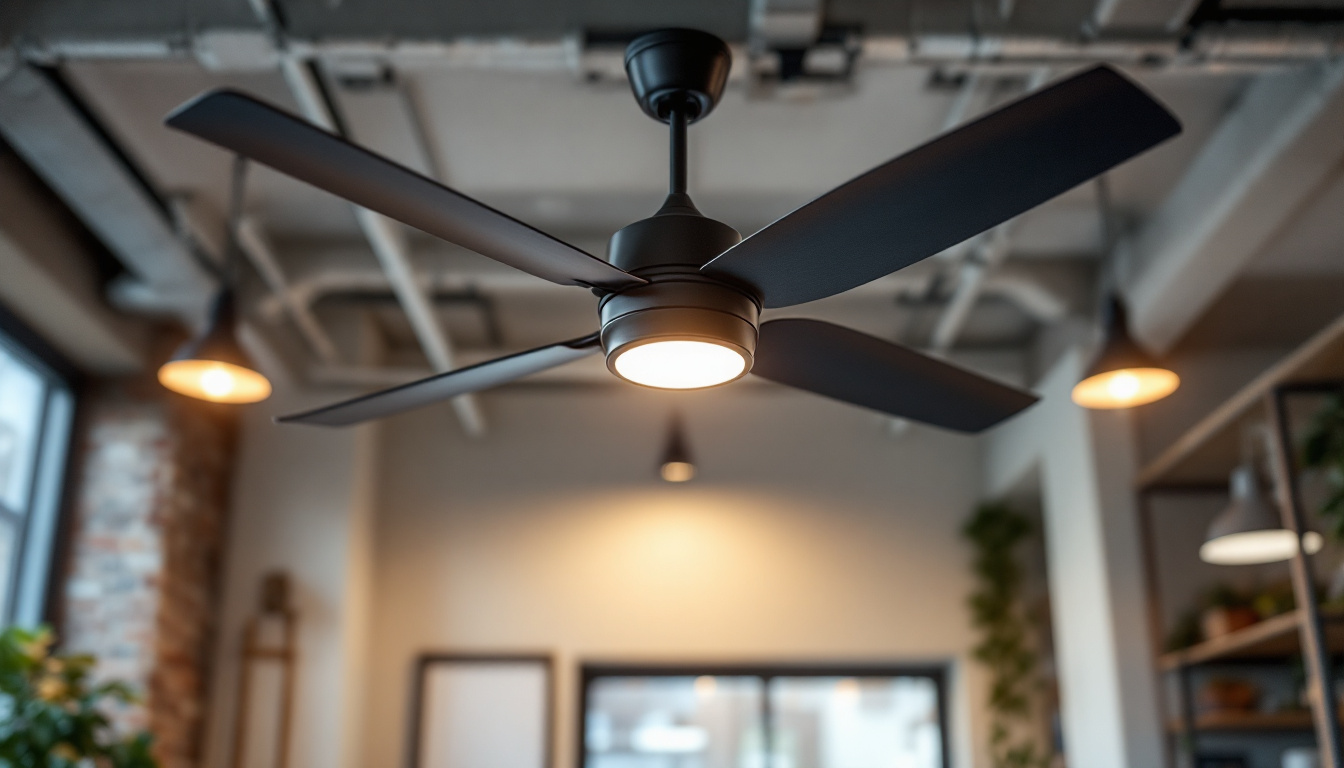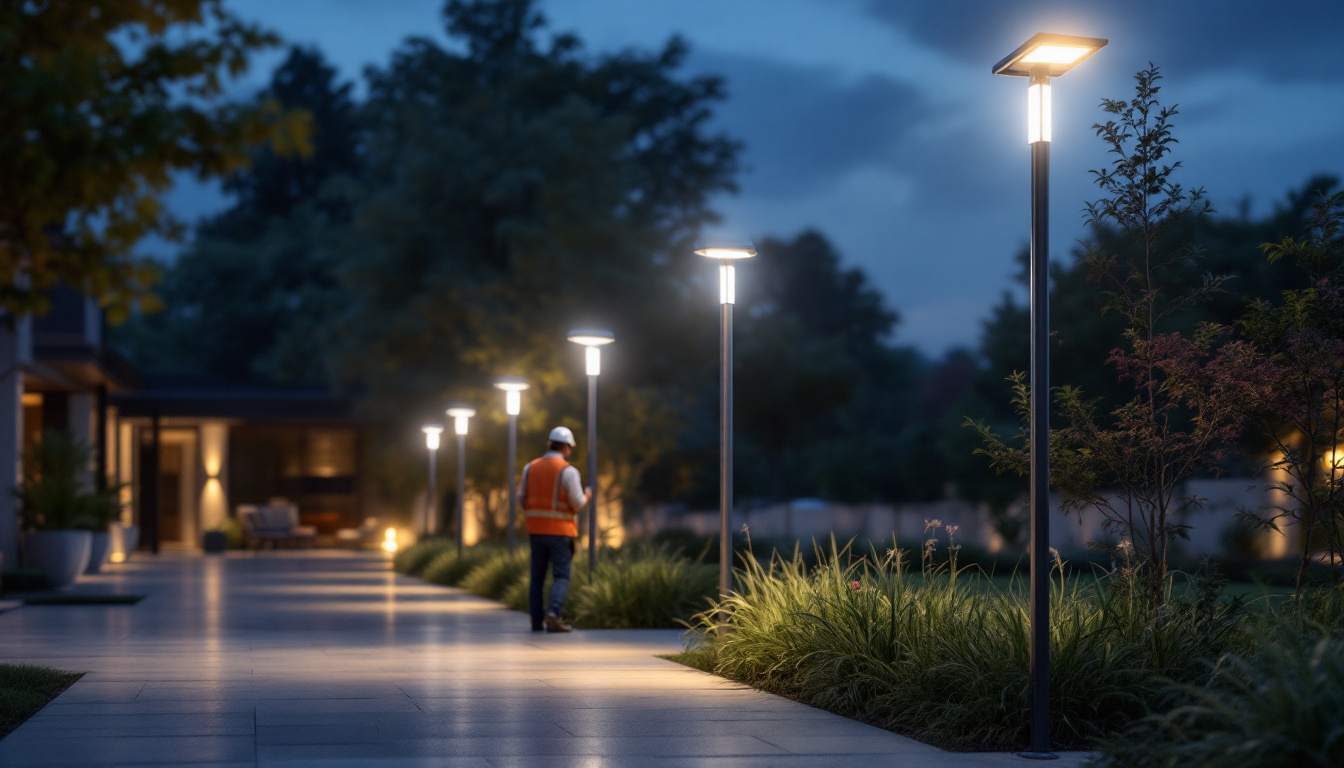
As the demand for sustainable and energy-efficient solutions continues to rise, solar lights with solar panels have become an increasingly popular choice for lighting contractors. These systems not only provide illumination but also contribute to reducing carbon footprints and lowering energy costs. However, to maximize the benefits of solar lighting, contractors must be well-versed in best practices for installation, maintenance, and selection. This article will explore essential guidelines and considerations for lighting contractors working with solar lights.
Before diving into best practices, it is crucial for lighting contractors to understand the components and functionality of solar lighting systems. Solar lights typically consist of a solar panel, battery, LED light, and a controller. The solar panel converts sunlight into electricity, which is stored in the battery for use during nighttime. The LED light provides illumination, while the controller manages the charging and discharging processes. This synergy between components ensures that solar lighting systems operate efficiently and effectively, adapting to various environmental conditions.
Moreover, the integration of smart technology in modern solar lighting systems has revolutionized their functionality. Many solar lights now come equipped with motion sensors, timers, and even remote controls, allowing users to customize their lighting experience. This advancement not only enhances convenience but also maximizes energy efficiency by ensuring that lights are only activated when needed. As technology continues to evolve, the potential applications for solar lighting systems are expanding, making them an increasingly viable option for both residential and commercial projects.
Each component plays a vital role in the overall performance of the solar lighting system. The solar panel’s efficiency directly impacts how much energy can be harvested, while the battery’s capacity determines how long the lights will operate after sunset. Understanding these components allows contractors to make informed decisions when selecting products for their projects. For instance, the choice of solar panel material—whether monocrystalline, polycrystalline, or thin-film—can significantly affect energy conversion rates and durability. Additionally, the type of battery used, such as lithium-ion or lead-acid, influences the lifespan and charging cycles of the system.
Furthermore, the controller is often overlooked but is essential for optimizing the performance of the system. It regulates the flow of electricity, ensuring that the battery is charged efficiently and that the LED lights operate at the correct brightness levels. Some advanced controllers can even communicate with other smart devices, creating a more integrated and responsive lighting solution. By understanding these nuances, contractors can tailor their solar lighting solutions to meet specific project requirements and improve overall user satisfaction.
There are various types of solar lights available, including pathway lights, flood lights, and decorative lights. Each type serves different purposes and is suited for specific applications. For example, pathway lights are ideal for illuminating walkways, while flood lights are better suited for larger areas that require extensive lighting. Knowing the differences helps contractors choose the right type for their clients’ needs. Additionally, there are solar garden lights that enhance outdoor aesthetics, providing both illumination and decorative appeal, making them popular for residential landscaping projects.
Moreover, solar street lights have gained traction in urban settings, offering a sustainable solution for public lighting without the need for extensive electrical infrastructure. These lights often feature advanced technology such as adaptive brightness control, which adjusts the light output based on surrounding conditions. This not only conserves energy but also enhances safety by providing adequate illumination when and where it is most needed. As the demand for sustainable urban solutions grows, understanding the various types of solar lights becomes increasingly important for contractors looking to meet the evolving needs of their clients.
Solar lighting offers numerous advantages, including energy savings, reduced environmental impact, and minimal maintenance. By utilizing renewable energy, contractors can help clients save on electricity bills while promoting sustainability. Additionally, solar lights are often easier to install since they do not require extensive wiring or electrical work, making them an attractive option for many projects. The portability of solar lights also allows for flexible placement, enabling contractors to adapt lighting solutions to changing needs or seasonal events.
Another significant benefit of solar lighting is its resilience in various weather conditions. Many solar lights are designed to withstand harsh elements, including rain, snow, and extreme temperatures, ensuring reliable performance throughout the year. This durability not only extends the lifespan of the lights but also reduces the need for frequent replacements, contributing to cost savings in the long run. Furthermore, as communities increasingly prioritize eco-friendly solutions, the adoption of solar lighting systems can enhance a contractor’s reputation as a forward-thinking and environmentally conscious professional, opening doors to new business opportunities.
Proper installation is critical to ensuring the effectiveness and longevity of solar lighting systems. Lighting contractors should adhere to several best practices during the installation process to maximize performance and client satisfaction.
Before installation, conduct a thorough site assessment. Evaluate the area where the solar lights will be installed, taking into account factors such as sunlight exposure, potential obstructions, and the intended use of the lighting. Ideally, solar panels should receive direct sunlight for at least six hours a day to ensure optimal charging. Identifying any potential shading from trees, buildings, or other structures is essential for determining the best placement for the lights.
The positioning of solar panels is crucial for maximizing energy absorption. Install panels at an angle that allows them to capture the most sunlight throughout the day. In most cases, a tilt of 30 to 45 degrees is recommended, depending on the geographical location. Additionally, ensure that the panels are securely mounted and free from debris to maintain their efficiency.
Even though solar lights are often easier to install than traditional lighting systems, attention must be paid to wiring and connections. Ensure that all connections are secure and weatherproof to prevent moisture intrusion and corrosion. Using high-quality connectors and cables will enhance the system’s reliability and longevity.
While solar lights require less maintenance than traditional lighting systems, regular upkeep is still necessary to ensure optimal performance. Lighting contractors should educate clients on maintenance best practices and be prepared to troubleshoot common issues.
Dust, dirt, and debris can accumulate on solar panels, reducing their efficiency. Encourage clients to clean the panels periodically, especially after storms or during dry seasons when dust levels are higher. A simple rinse with water and a soft cloth can often restore optimal performance.
The battery is a critical component of solar lighting systems. Over time, batteries may lose their capacity to hold a charge. Educate clients on the signs of battery failure, such as dimming lights or shorter operational hours. Replacing batteries as needed will ensure that the solar lights continue to function effectively.
Lighting contractors should be prepared to troubleshoot common issues that may arise with solar lights. If lights are not turning on, check the battery charge and ensure that the solar panel is receiving adequate sunlight. If the lights flicker or are dim, it may indicate a need for battery replacement or cleaning of the solar panel. Understanding these common problems will enhance the contractor’s ability to provide effective service.
Choosing the right solar lights for a project is essential for meeting client expectations and ensuring satisfaction. Lighting contractors should consider several factors when selecting products.
Investing in high-quality solar lights is crucial for long-term performance. Look for products that are built to withstand various weather conditions, such as rain, snow, and extreme temperatures. Durable materials, such as aluminum or high-grade plastic, will enhance the lifespan of the lights and reduce the need for frequent replacements.
When selecting solar lights, consider the brightness level and color temperature. Measured in lumens, brightness should be appropriate for the intended application. For example, pathway lights may require lower lumens than flood lights. Additionally, the color temperature can affect the ambiance of the space; warmer tones create a cozy atmosphere, while cooler tones provide a more modern feel.
The battery capacity and charging time are critical factors in determining how long the lights will operate after sunset. Contractors should select products with batteries that can hold sufficient charge for the intended usage. Additionally, consider the charging time; some batteries may require longer periods of sunlight to achieve full capacity, which can affect performance during cloudy days.
Effective communication with clients is essential for successful solar lighting projects. Lighting contractors should prioritize educating clients about the benefits, limitations, and maintenance of solar lights.
It is important to set realistic expectations regarding the performance of solar lights. While they offer numerous benefits, factors such as weather conditions and site location can impact their effectiveness. By providing clients with clear information, contractors can help avoid misunderstandings and ensure satisfaction with the final results.
Educating clients on maintenance practices is crucial for the longevity of solar lighting systems. Provide clear guidelines on how to clean the solar panels, check battery health, and troubleshoot common issues. This proactive approach will empower clients to take care of their solar lights and enhance their overall experience.
Encouraging feedback from clients can provide valuable insights into their experiences with solar lighting systems. This information can help contractors improve their services and address any concerns that may arise. Open communication fosters trust and strengthens the contractor-client relationship, ultimately leading to more successful projects.
Solar lights with solar panels present an excellent opportunity for lighting contractors to provide energy-efficient and sustainable solutions to their clients. By understanding the components of solar lighting systems, adhering to best practices for installation and maintenance, and effectively communicating with clients, contractors can ensure successful projects that meet and exceed client expectations. As the demand for green solutions continues to grow, embracing solar lighting technology will position contractors as leaders in the industry.
Ready to elevate your lighting projects with the best solar solutions on the market? At LumenWholesale, we provide lighting contractors like you with the highest quality, spec-grade solar lights at unbeatable wholesale prices. Say goodbye to local distributor markups and hello to superior products that meet rigorous industry standards. With our hassle-free bulk buying and free shipping, you can trust that you’re getting premium lighting at the best value — no hidden fees, no compromises. Enhance your lighting installations with the perfect blend of quality, affordability, and convenience. Visit LumenWholesale today and discover the difference for yourself!

Discover the ultimate guide for lighting contractors with top resources on solar post lamps.

Uncover the significance of HID in lighting installations.

Discover the essential best practices lighting contractors use when selecting and installing industrial ceiling fans.

Illuminate your projects with confidence! Discover essential insights and expert tips in our comprehensive guide on LED pole lights for outdoor spaces, tailored specifically for lighting contractors..